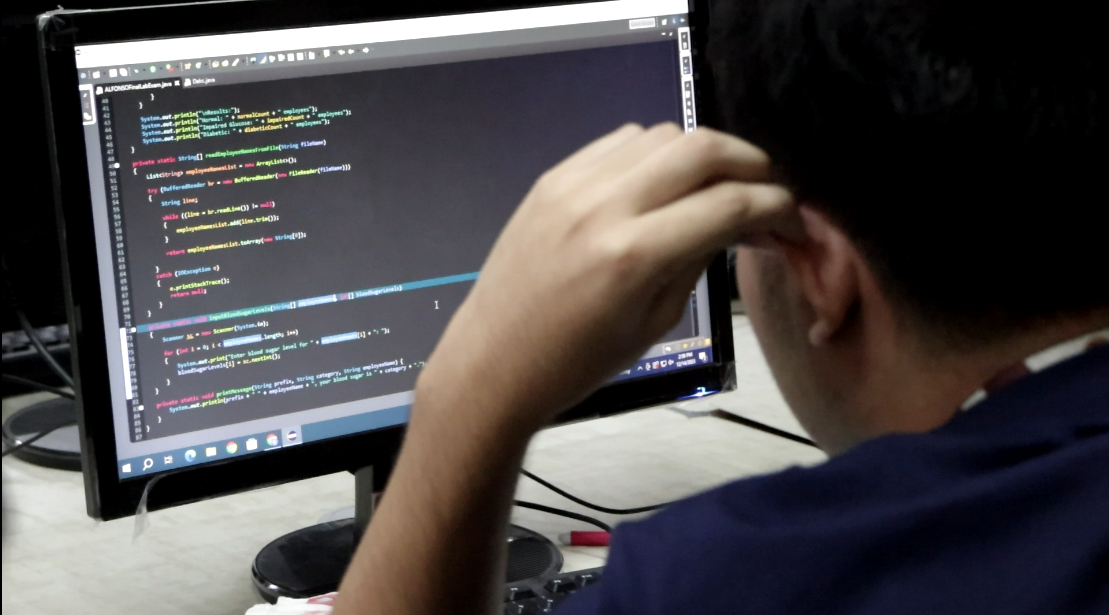
Bachelor of Science in
Information Technology
About the Program
The BS in Information Technology program is designed to equip students to become IT professionals capable of installing, operating, developing, maintaining, and administering computer applications. The program’s objective is to prepare students as “information technologists” who can adeptly solve problems using IT techniques both individually and within organizational contexts.
Program Educational Objectives
Three to five years after graduation, the graduates are expected to:
- Establish expertise in the specific field of Information Technology and demonstrate professionalism, integrity, innovation, excellence, and communication in any assigned and chosen role.
- Serve as an agent of change towards the development of the community, peers and the organization through IT ethical leadership and influence.
- Pursue advance learning through graduate studies, and other professional development opportunities.
Student Outcomes
By the time of graduation, the students of the program shall have the ability to:
- Apply knowledge of computing fundamentals, technical concepts and practices, best practices and standards in application of core information technologies, mathematics, science, and domain knowledge appropriate for the information technology practice to the abstraction and conceptualization of solution models from defined problems and requirements.
- Identify, formulate, research literature, and analyze user needs and taking them into account to solve complex information technology problems, reaching substantiated conclusions using fundamental principles of mathematics, computing fundamentals, technical concepts and practices in the core information technologies, and relevant domain principles.
- Design and evaluate possible solutions for complex computing problems and design and evaluate systems, components or processes that meet specified user needs with appropriate consideration for public health and safety, cultural, societal, and environmental considerations.
- Assist in the creation of an effective project plan to implement solution that includes selection, creation evaluation, and administration of IT systems.
- Effectively integrate IT-based solutions into the user environment.
- Administer delivered information system assuring its appropriateness to the user’s environment.
- Create, select, adapt and apply appropriate techniques, resources and modern computing tools to complex computing activities with understanding of the limitations.
- Function effectively as an individual and as a member or leader in diverse teams and in multidisciplinary settings.
- Communicate effectively with the computing community and with society at large (in local and international scenes) about complex computing activities by being able to comprehend and write effective reports, design documentation, make effective presentations, and give and understand clear instructions.
- Understand and assess societal, health, safety, legal and cultural issues within local and global context, and the consequential responsibilities relevant to professional computing practices.
- Understand and commit to professional ethics, responsibilities, and norms of professional computing practice applying the core values set by the university.
- Recognize the need, and have the ability to engage in independent learning for continual development as a computing professional.

 Explore in Academia
Explore in Academia